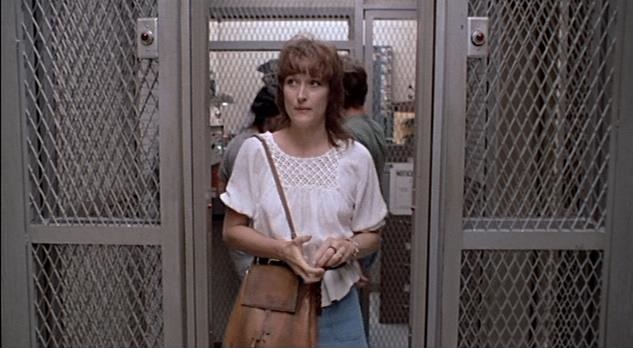
 |
| Photo © 1983 20th Century Fox |
| Academy Award Nominations: | |
| Best Director: Mike Nichols | |
| Best Actress: Meryl Streep | |
| Best Supporting Actress: Cher | |
| Best Original Screenplay: Nora Ephron & Alice Arlen | |
| Best Film Editing: Sam O'Steen | |
| Golden Globe Nominations and Winners: | |
| Best Picture (Drama) | |
| Best Director: Mike Nichols | |
| Best Actress (Drama): Meryl Streep | |
| ★ | Best Supporting Actress: Cher |
| Best Supporting Actor: Kurt Russell | |
| Permalink | Home | 1983 | ABC | Blog |